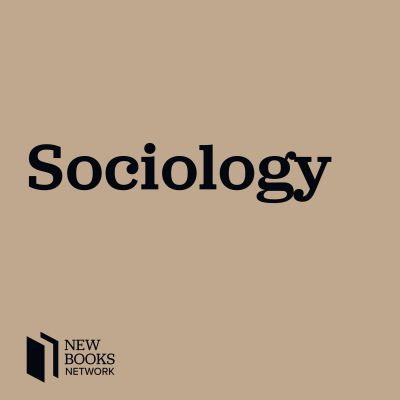Interviews with Sociologists about their New Books Support our show by becoming a premium member! https://newbooksnetwork.supportingcast.fm/sociology
https://newbooksnetwork.com
episode 43: Thomas Patton, "The Buddha’s Wizards: Magic, Protection, and Healing in Burmese Buddhism" (Columbia UP, 2018)
In his recent monograph, The Buddha’s Wizards: Magic, Protection, and Healing in Burmese Buddhism(Columbia University Press, 2018), Thomas Patton examines the weizzā, a figure in Burmese Buddhism who is possessed with extraordinary supernatural powers, usually gained through some sort of esoteric practice. Like the tantric adept in certain other Buddhist traditions, the weizzā can use his skills both to manipulate human affairs in the present world and to help people progress towards Buddhist soteriological goals. The weizzā is thus a morally ambiguous figure, for while this Buddhist wizard might heal a sick relative or help one’s karmic circumstances, he might just as well cast an evil spell. Indeed, it is precisely because of the weizzā’s perceived power that these wizards and their devotees have been persecuted by both the government and Buddhist monastic leaders, and why this tradition has largely existed at the margins of state-sanctioned orthodoxy and orthopraxy.
Patton shows that while prototypes for this Buddhist wizard can be found in Burmese Buddhism in premodern times, the weizzā as we know him really emerges during the twilight of the nineteenth and first half of the twentieth centuries. Like many other Buddhists of this time, the weizzā were dismayed by the presence of the British in Burma, which they saw as a direct threat to Buddhism, and they used their supernatural powers to fight the British in whatever ways they could. Later, after the British left and once it was seen that Buddhism was not in decline, weizzā shifted their focus from protection to propagation of Buddhism; to this end they built pagodas not only throughout Burma, but also in far-away lands such as the United States. These pagodas were supposed to transmit the power of the weizzā with whom they were associated, and many weizzā devotees liken them to nodes in an electricity grid or even to wifi hotspots.
Learn more about your ad choices. Visit megaphone.fm/adchoices
Support our show by becoming a premium member! https://newbooksnetwork.supportingcast.fm/sociology
